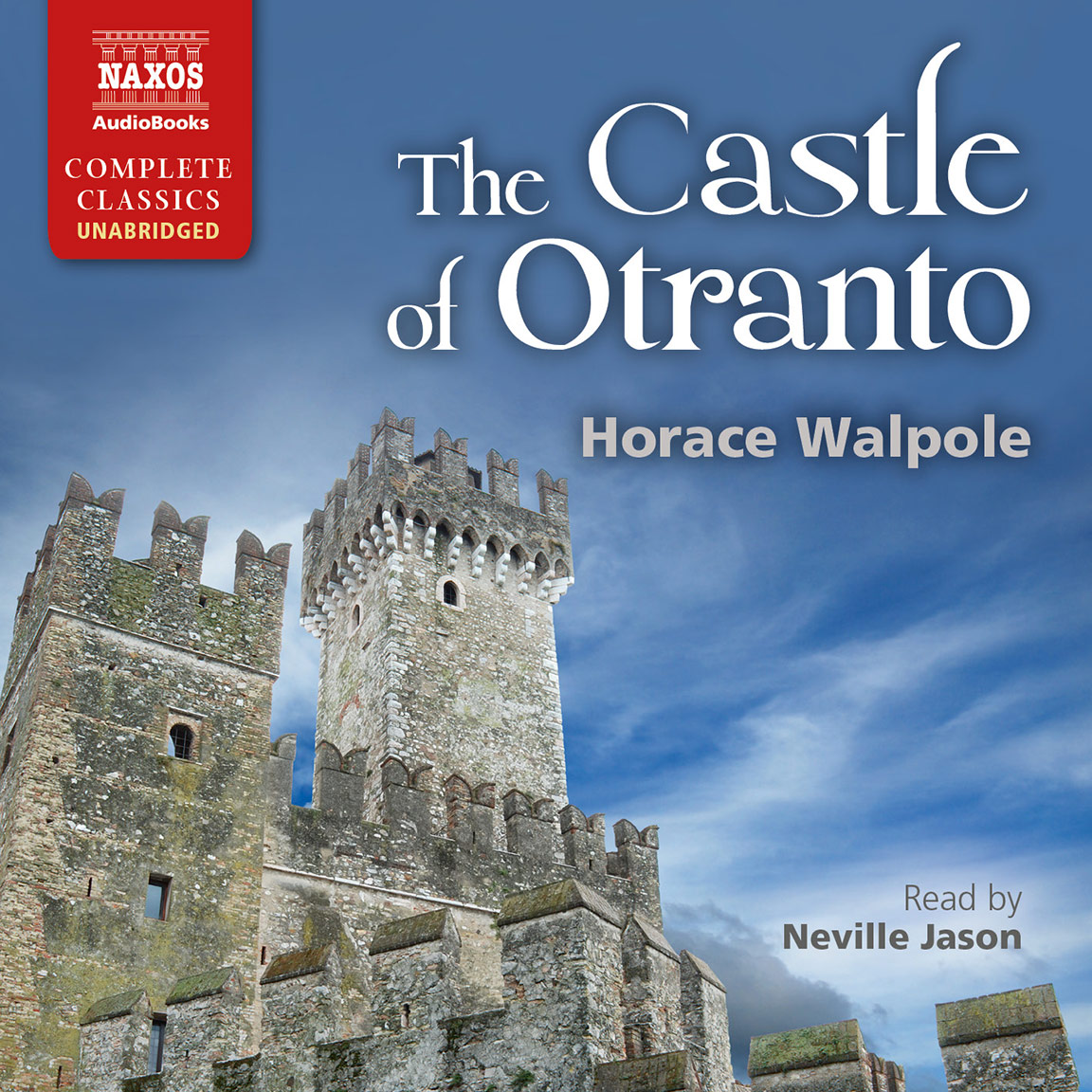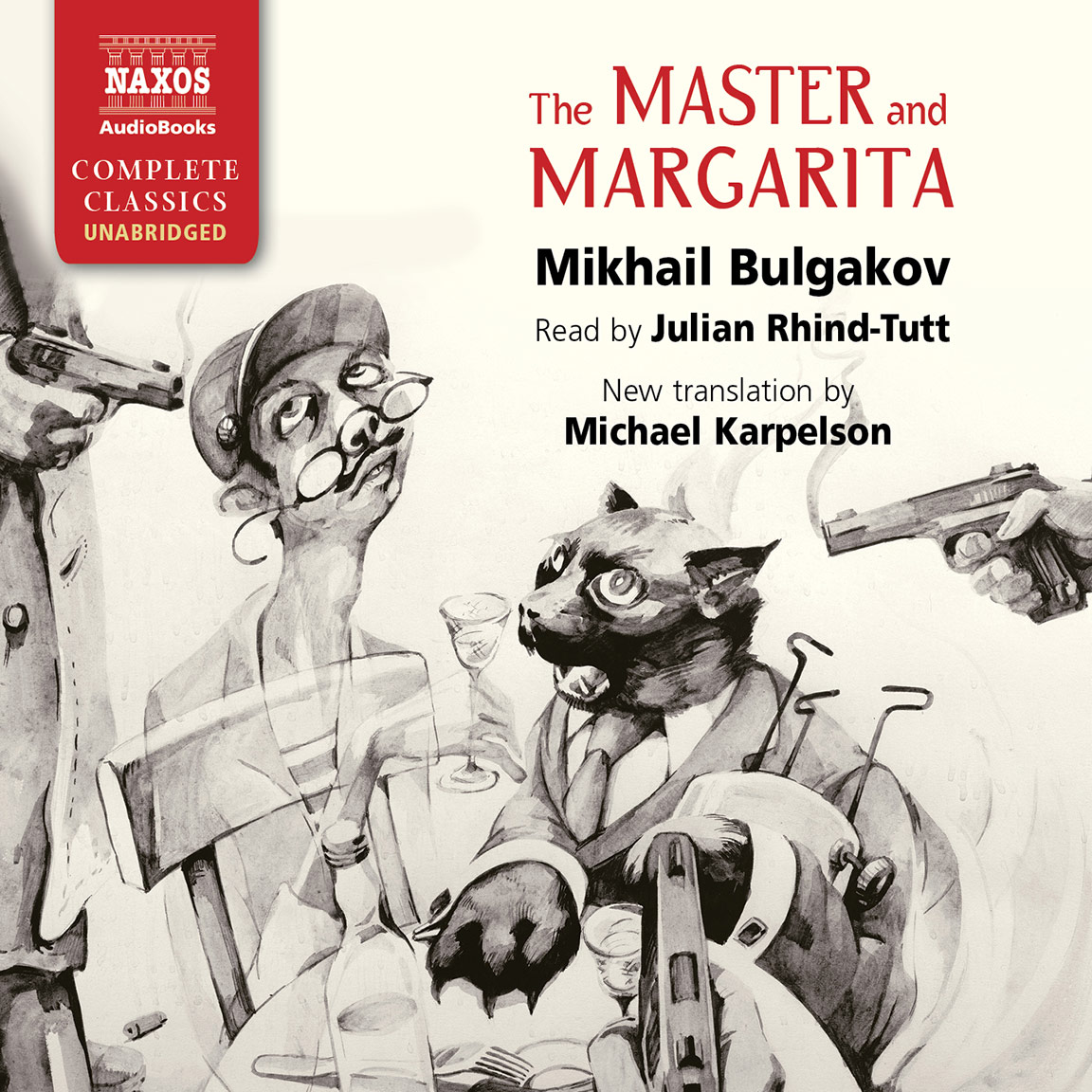
Audio Sample
Mervyn Peake
Titus Alone
Read by Rupert Degas
abridged
Titus Groan has fled the rambling, ruined and ruinous castle of Gormenghast, desperate for a view of the world beyond. But he wasn’t prepared for this. Satellites, death-rays, sinister policemen and underworld outcasts live in a nightmarish contemporary city that feels like something by Wells, Burroughs or Philip K. Dick. Threatened and lost, he begins to miss the home he left; but surely he won’t be tempted back? Titus Alone is a completely unexpected development, its bizarre and absurd satirical vision placing the dangers of progressive modernity against the deadening force of tradition.
-
Running Time: 5 h 04 m
More product details
Digital ISBN: 978-1-84379-543-8 Cat. no.: NA0064 Download size: 74 MB BISAC: FIC009000 Released: July 2011 -
Listen to this title at Audible.com↗Listen to this title at the Naxos Spoken Word Library↗
Due to copyright, this title is not currently available in your region.
You May Also Enjoy
Booklet Notes
The Gormenghast trilogy (as Titus Groan, Gormenghast and Titus Alone are slightly inaccurately known) seems at first sight out of step with its times. The first volume was published in 1946, when a numbed Britain was greyly austere, still in shock and just beginning to learn some of the broader horrors of the War: the devastating implications of the atom bomb were almost overwhelmed by the emerging atrocities of the Holocaust. Titus Groan, a grimly comic, fantastical, Gothic tale, was surely just an escapist work, a kind of dark relief. But while the imaginary world it so completely describes is essentially self-contained (rather than echoing the concerns of Britain in the ’40s), Peake had more claim than most to an understanding of the evils in the real one. He had been a war artist at the liberation of Bergen-Belsen.
He had also suffered the first of two nervous breakdowns, and was by temperament slightly otherworldly. He was the son of missionaries – his father a doctor, his mother a nurse – and spent his early years in China before returning to England to complete his education in 1923. Tracing specific influences is bound to lead to conjecture, but his imagination was certainly stirred by the architecture and the unquiet society of China at the time, and his first published story was written when he was ten for the Missionary Society’s magazine.
Written as the
impact of his
illness was
becoming more
and more appar-
ent, Titus Alone
is a huge shift
away from the
earlier novels
Passionate, unconventional, romantic and almost in some senses wild, he had worn a cape, an earring and his hair long in the early ’30s when he was pursuing his first love (art) and his second (poetry). Despite his evident skills he was undisciplined almost on principle, and after failing the necessary exams at the Royal Academy Schools he moved to the Channel Island of Sark, where a former tutor had established an artists’ colony. His work was exhibited there and in London, where in 1935 he returned and began teaching at the Westminster School of Art. He met Maeve Gilmore on her first day as a student there and they married the following year. By the end of 1940 he had had a one-man show in London, illustrated a collection of children’s verse, written and illustrated a children’s book, had a son, moved to Sussex, and begun the writing of Titus Groan.
He had also joined the Royal Artillery, although he was a good deal more interested in becoming a war artist. His several applications to become one were turned down in part because it was suspected that he might be applying in order to get out of the Army. It would not be an unseemly speculation to suggest that this was correct; but his mental state was such that he was invalided out of the Army anyway after a nervous breakdown in 1943.
After six months’ recovery, he was finally taken on as a war artist, and at the end of the War witnessed Nazi trials as well as the previously unimaginable concentration camps. As an artist he had always been attracted to the macabre, but this actual horror changed him deeply. His wife said that he became ‘quieter, more inward looking, as if he had lost his confidence in life itself’. His other work during the War included illustrating The Hunting of the Snark, The Rime of the Ancient Mariner and Dr Jekyll and Mr Hyde, writing more poetry, and finishing Titus Groan. He and his family went to live in Sark in 1946 (the year of Titus Groan’s publication), in the house previously occupied by the Commandant of the German occupying force; but financial constraints forced them back to the UK in 1950, where Peake taught, illustrated, published Gormenghast, and wrote a comic novel (Mr Pye) and several plays. But the plays were not the financial winners he had hoped for, and he suffered another nervous breakdown in 1957. This led to the more evident display of the symptoms of a type of Parkinson’s Disease which, alongside the effects of encephalitis lethargica that he contracted in childhood, was slowly to kill him over more than a decade. In 1956 he wrote Boy in Darkness, a short horror story about Titus (although the name is not mentioned in the book), and in 1959 Titus Alone was published. By now, however, Peake was hardly able to write, and Titus Alone was incomplete on publication. Later editions were corrected by his widow and the writer Langdon Jones. Preparatory notes for a further volume (Titus Awakes) were also discovered among his many papers after his death.
Written as the impact of his illness was becoming more and more apparent, and must also have been more and more alarming, Titus Alone is a huge shift away from the earlier novels. Titus, finally free of the dilapidated constraints of Gormenghast Castle and its archaic rituals, sets out to see the world. It turns out to be a cross between Fritz Lang’s Metropolis and something by H.G. Wells. His wanderings introduce him to a modern city with satellites, skyscrapers, sinister policemen, beggars and an underworld of outcasts.
In this brave new world, Titus’s position as 77th Earl of Groan holds no sway, and after a brief affair with one woman and a lustful but unfulfilling relationship with another (the very image of modernity) he finds himself wandering, lost, concerned for his own sanity and missing the home he had so happily fled. Titus Alone is a less self-consciously polished, less considered (and considerably shorter) book than the other two, and there were some inconsistencies in the text which Langdon Jones and Maeve Peake had to correct; but at least the book as now published is as close as possible to Peake’s own intentions. It is also a completely new world
from the darkly medieval one that Titus had known before, and places the satirical aspect of Peake’s work more clearly in focus. Or perhaps it merely brings that deep-set terror of humanity’s capacity for evil, witnessed at the end of the War, into a contemporary setting, suggesting that the capacity is still there but able to shift its form. Just as his more famous contemporaries (Orwell, Green, Eliot), he was making profound comments on the world which the War had brought into being and its impact on the nature of humanity.
Notes by Roy McMillan




